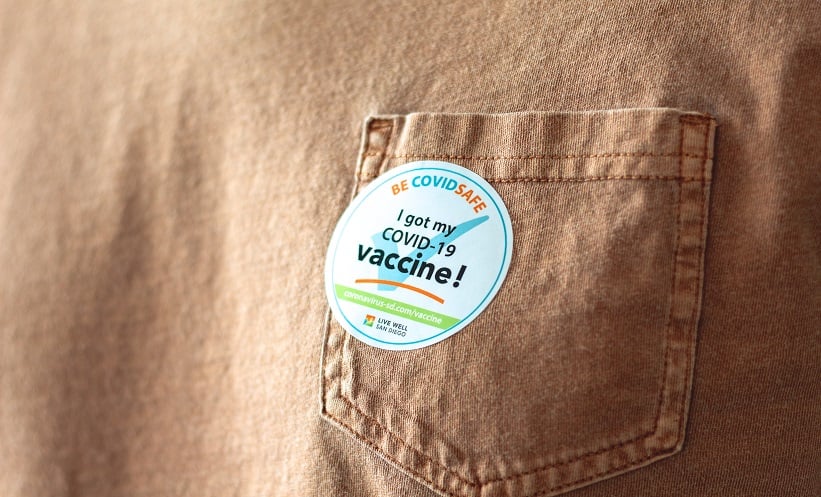REPORTING of adverse events associated with the new COVID-19 vaccines is crucial to inform public health programmes aimed at guaranteeing patient safety while promoting the appropriate use of vaccines globally. For this reason, a retrospective case series evaluated individuals enrolled in the United States’ Military Health System who experienced myocarditis symptoms within 4 days (12–96 hours) of receiving the second dose of a mRNA COVID-19 vaccine.
In total, 23 male patients (with a median age of 25 years) were hospitalised between January and April 2021 for acute-onset chest pain following mRNA COVID-19 vaccination. All patients had significantly elevated cardiac troponin concentrations (between 10- and 400-fold the upper limits of their respective reference ranges), which serves as a highly sensitive marker for myocardial damage. Furthermore, among eight patients who underwent cardiac MRI with T2 weighting, 100% had findings consistent with the Lake Louise criteria for myocarditis (e.g., subepicardial late gadolinium enhancement and focal myocardial oedema). Similarly, abnormal electrocardiography findings, such as ST-segment elevations and T-wave inversions, were found in 83% (n=19) of individuals. Finally, echocardiography in a subset of patients (n=4) revealed reduced left ventricular ejection fractions (by up to 50%).
The cohort rapidly recovered, which, when combined with the timing and symptoms, supported the diagnosis of hypersensitivity myocarditis.
It is important to note that the American military administered over 2.8 million doses of mRNA COVID-19 vaccine during this period. Although the observed number of myocarditis cases was relatively small, the incidence was higher than expected among previously fit and healthy male military members after a second vaccine dose. Going forward, further surveillance of this adverse event following immunisation is warranted.
Despite this, Leslie T. Cooper, Jr., senior author of the study and Chair of the Department of Cardiovascular Medicine at Mayo Clinic, Jacksonville, Florida, USA, commented: “Hypersensitivity myocarditis following vaccination is rare, with the exception of smallpox vaccine. The risk of myocarditis after receiving mRNA vaccine is far less than the risk of myocarditis following actual COVID-19 infection.”
The “potential for rare vaccine-related adverse events must be considered in the context of the well-established risk of morbidity, including cardiac injury, following COVID-19 infection,” concluded the authors. The researchers added: “Concerns about rare adverse events following immunisation should not diminish overall confidence in the value of vaccination.”








